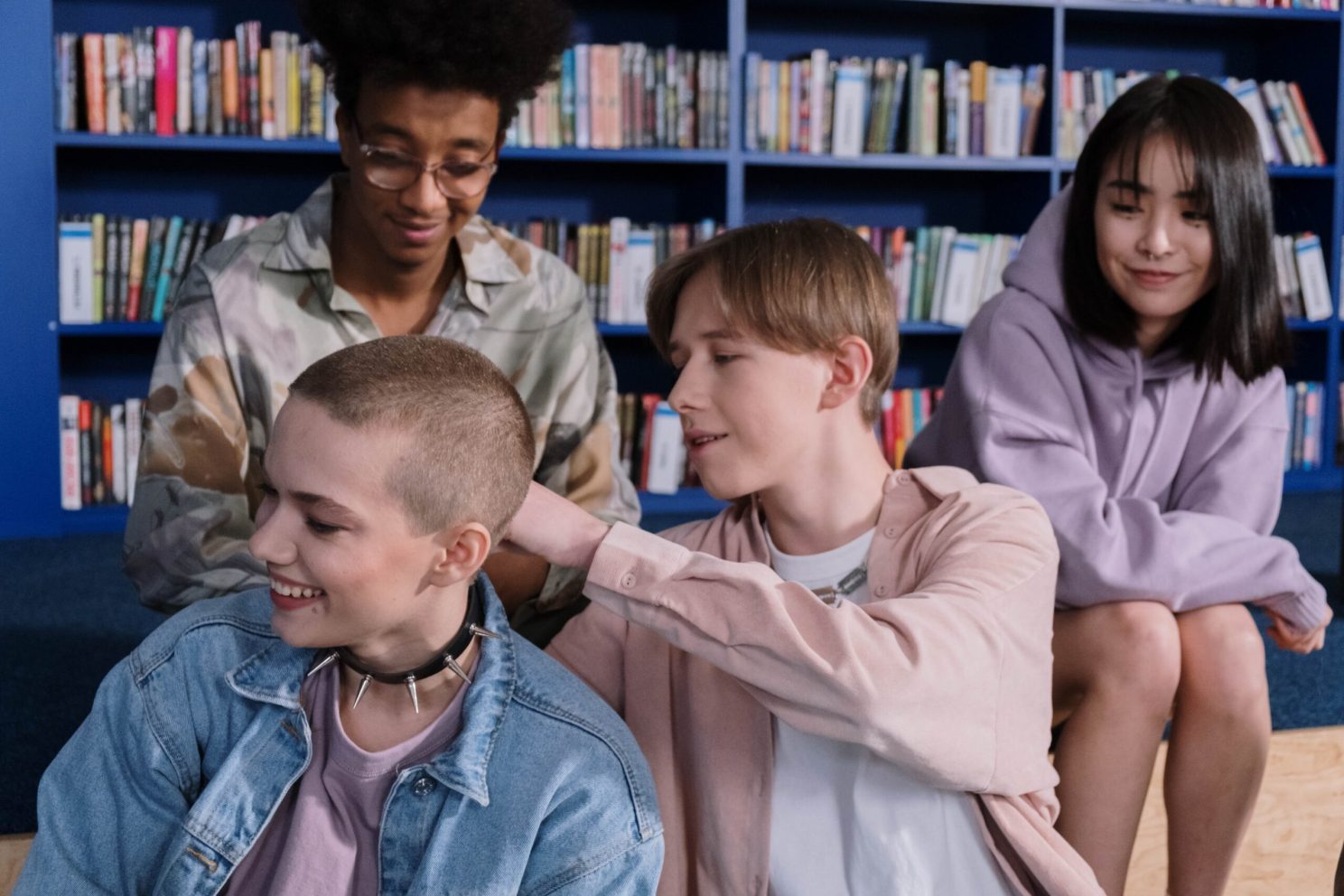“When you say the American dream you see a picket fence, you see a suburban house, you see one boy, one girl and two parents, you see all those things,” said Elaina, a Latinx college student from New York. “And all the pictures are of white families, and sweaters and crewnecks and that’s just not our culture.”
In a paper published this month in the journal Sociological Science, three Harvard sociologists interviewed American college students like Elaina to gain a better understanding of how they view their prospects for success and life satisfaction. The concept of “plausible futures” is introduced to capture how Gen Z has updated notions of the American Dream for an age of uncertainty.

“The paper focuses on how Gen Z college students define success and imagine their futures in the context of critiques of the American Dream and increasing socio-economic precarity since the 2008 recession,” said Shira Zilberstein, a Ph.D. candidate in the Department of Sociology in the Harvard Kenneth C. Griffin Graduate School of Arts and Sciences and lead author on the paper.
As Sylvana, a student from the Midwest, put it: “Go do what you love and you can do without a degree and you can do it well because you’re passionate about it and you’re dedicating yourself and you’re working hard. Don’t go to college … that stupid certificate is not going to be a barrier as long as you can prove yourself.”
Co-author Michèle Lamont, the Robert I. Goldman Professor of European Studies and a Professor of Sociology and of African and African American Studies, draws on these interviews for her forthcoming book “Seeing Others.” Based on exchanges with 80 college students from the Northeast and Midwest, the research paper itself explores how today’s young adults have amalgamated certain facets of neoliberalism and the therapeutic culture of self-care while rejecting cultural narratives they view as obsolete.
“They express expanded definitions of the American Dream, seek career goals with a social impact, and express political objectives grounded in authentic interpersonal relationships and empathy,” Zilberstein said. “Overall, the paper shows that when traditional ideas about success become unattainable, young people modify their identities and goals by combining multiple available cultural ideas previously seen as incompatible.”





